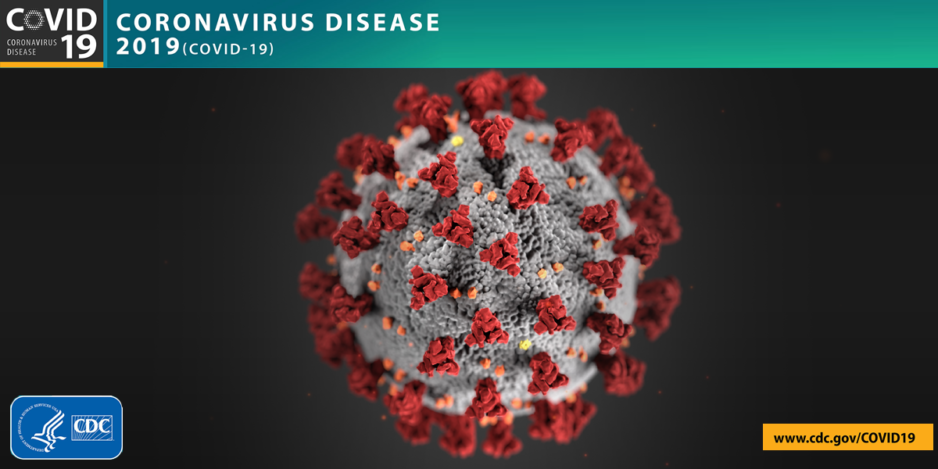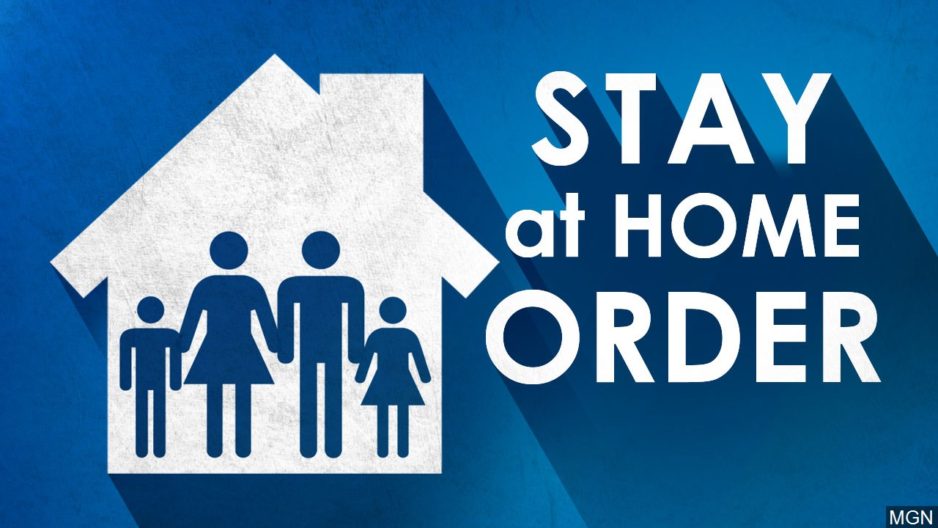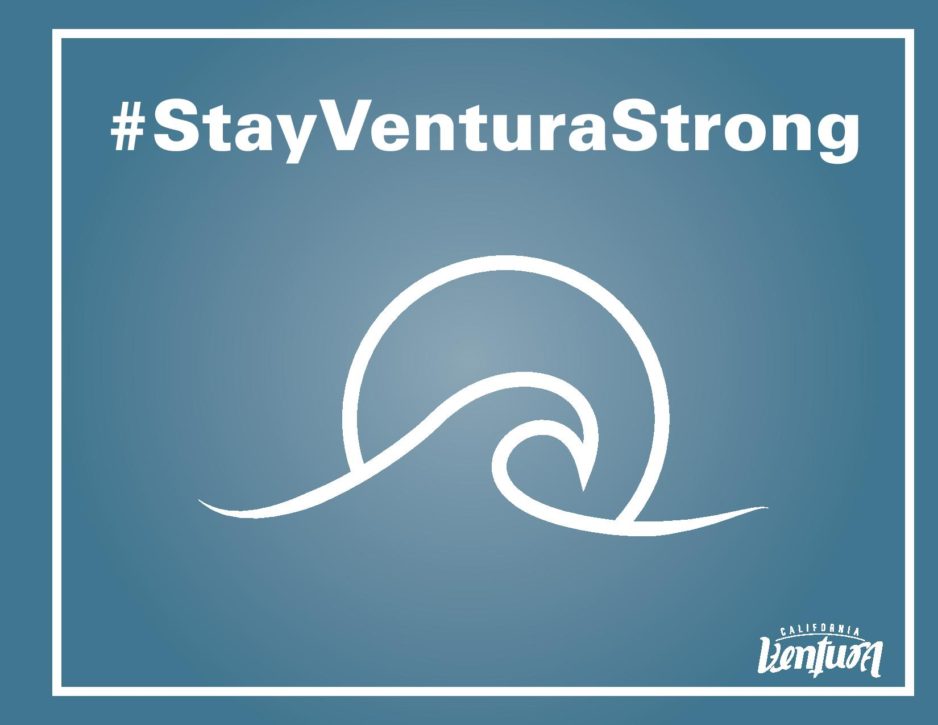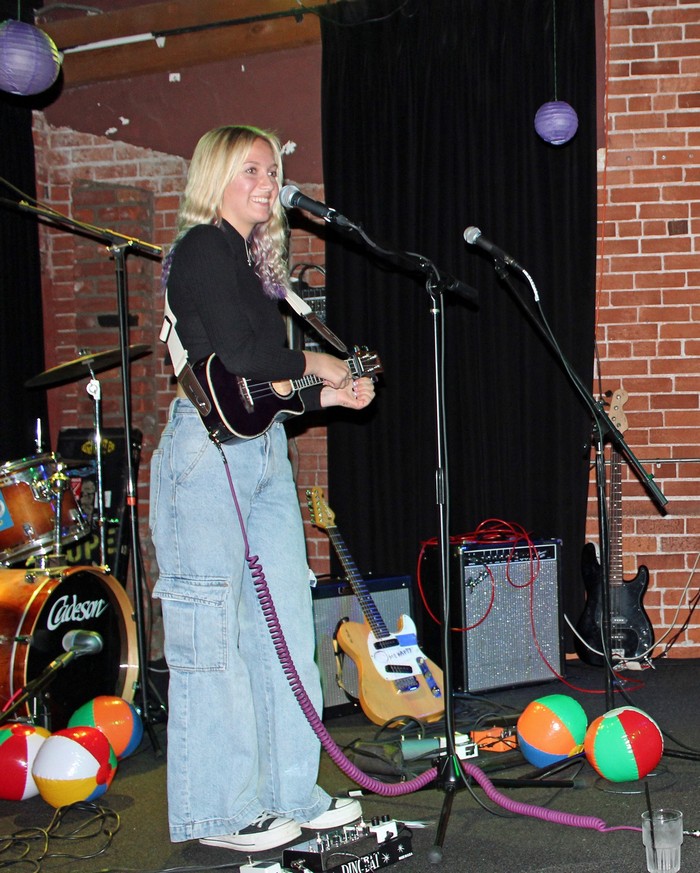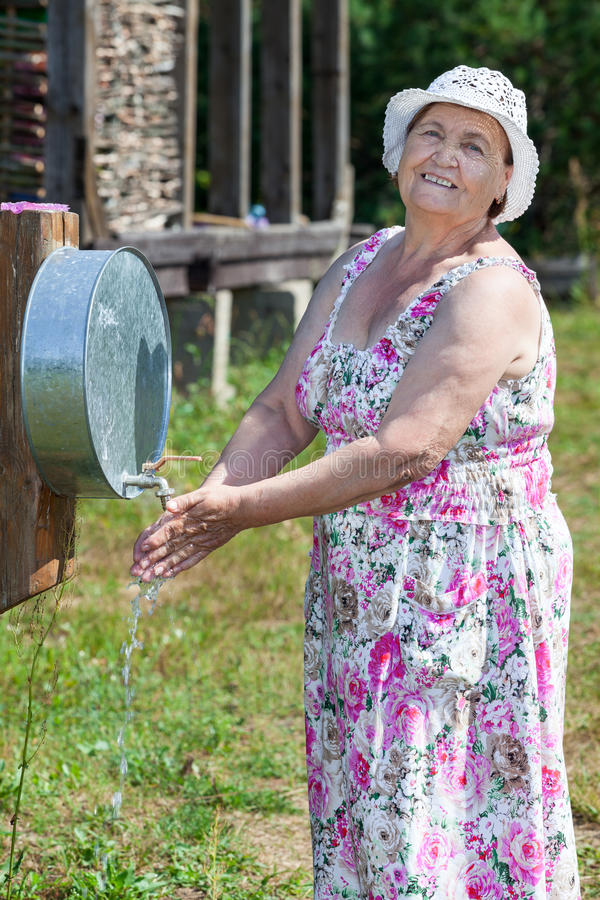 ∙SPAN Thrift Store is providing $10 spays and neuters for low income households with cats and dogs.
∙SPAN Thrift Store is providing $10 spays and neuters for low income households with cats and dogs.
Two upcoming clinics in April are:
Wednesday, April 15th at at SPAN Thrift Store parking lot 110 N. Olive St. (behind Vons on Main St.),
and a second one on Wednesday, April 22nd at Shiells Park, in the parking lot, located at 649 C St., Fillmore, 93015.
Please call to schedule an appointment and to confirm (805) 584-3823.
∙ From the Humane Society of Ventura County- [email protected]
In light of COVID-19, we’re increasing the frequency and extent of daily cleanings, and taking steps to ensure the safety of our staff, volunteers, the public, and our animals.
For our dedicated volunteers, we are pausing all volunteer opportunities as of March 17th until further notice. Our staff will be keeping a schedule for walking and exercising all the animals on the property to ensure they get the attention they need. While we appreciate our volunteers’ desire to help during this tough time, we also need to consider the safety of our staff and the public.
Per the city of Ojai, we are encouraging the community to practice “social distancing”. Social distancing is a practice involving restricting when and where people gather to stop or slow the spread of infectious diseases. These measures include limiting large groups of people coming together, closing buildings, and canceling events. Following safety protocols, including social distancing, is to keep our staff, volunteers, and the public healthy. With cooperation and teamwork, we will overcome these tough times.
Additionally, we have canceled all HSVC-attended outdoor meet and greet events until further notice. We have also canceled our HSVC Volunteer orientation and classes. We will reschedule when circumstances allow.
We are still open to the public Monday-Saturday with new Summer hours of 10 am – 6 pm. We will keep the community informed of any changes to our business hours.
∙ Veterinarian Dr. Danielle Bernal told Fox News there are certain foods you can safely feed your dog when you’re eating at the table (though she recommends training dogs away from begging), but warns that you have to be careful about other types of foods, as some may contain hidden ingredients that are toxic to dogs.
“There are certain foods that are acceptable to feed your dog if he is begging at the kitchen table, but many can contain artificial sweeteners or hidden ingredients like onions, garlic, or residue from specific nuts that can be toxic to dogs — which is why it is always best to feed Fido dog food over anything else!” the vet said.
Foods to avoid
Bernal puts chocolate at the top of the list of foods to avoid. Chocolate contains theobromine, which, like caffeine, is toxic to dogs.
Fatty foods, like bacon, are also no-nos, as they can cause gastrointestinal upsets and pancreatitis.
“Plus, dogs have unique nutritional needs — one small piece of bacon for them is the equivalent caloric value of 13 pieces of bacon for humans,” said Bernal, who is also a Whimzees multi-functional dental dog treats partner.
Among the others unsafe for your pooch are uncooked eggs or fish; garlic and onions, which can cause fainting and an elevated heart rate; and cooked bones, which are more likely to splinter and cause oral injury or potential internal perforation or obstruction.
You have to be careful with what you feed your dog as many scraps may contain hidden ingredients that are toxic.
You have to be careful with what you feed your dog as many scraps may contain hidden ingredients that are toxic. (iStock)
Foods to focus on for your pup, if you’re feeding them table scraps, are fruits, vegetables and cooked meat.
Carrots and apples are great options, Carrots can protect against cataracts and heart disease, while sweet apples support a healthy digestive system.
Lean, cooked meats like chicken, turkey and beef also top the list as far as safe-for-Fido foods, as they add protein to your pup’s diet, much like cooked eggs, which are also a good table-scrap snack.
Another fine option — in moderation — is cooked fish like salmon and fresh tuna, as fish boasts amino acids, Omega-3 fatty acids and protein. Just make sure the fish is deboned, and limit it to once or twice a week, maximum.
Bernal also recommends mixing food scraps in with regular dog food, directly in the kibble bowl, to train dogs away from begging at the table.
In addition to avoiding certain types of table scraps, Bernal says pet owners should limit the amount of “human food” given to their furry friends.
“My recommendation is to make sure pet parents limit themselves when feeding their dog table scraps, as feeding too many scraps can disrupt their nutritional needs and calorie limits. Stick to feeding table scraps as 10-15 percent of your pup’s overall diet, and view it as giving them a special treat — not supplementing a full meal.”
∙ Suddenly working from home? Are the kids out of school and in need of some joy and distraction? If you’ve been considering adding a pet family member now is the time! Dog walking and cat cuddling all fall within the guidelines for social distancing. Santa Paula Animal Rescue Center (SPARC) says there’s hope in these uncertain times with businesses closing their doors and children being out of school.
There are plenty of animals at the small Santa Paula shelter that would love to spend some time in adoptive or foster homes.
“Animals can benefit from being outside of our environment, even if it’s temporary.” Said Jonah Fisher, Kennel Manager. “A break from the noise and stress at the shelter would be extremely beneficial and we’re hopeful that some of the temporary situations would become permanent.”
In order to practice social distancing, the shelter has had to postpone many of its public events like its vaccine clinic, offsite adoption events and volunteer orientations.
“We’re asking that the public call, email or use social media to contact us before they come down.” Said Claira Trujillo, Front Office Manager. “Help us and make appointments so that we can make sure that we keep ourselves and members of the public safe because our animals will need care by humans every single day.”
Shelter operations are still available from 10am until 7pm daily for those whose animals have been impounded and need to be picked up, please call ahead of time. Those who need to report a stray animal within the Santa Paula City limits should call animal control at (805) 933-4230 or if outside the Santa Paula City limits call Ventura County Animal Services at (805) 388-4341.
The shelter is asking that members of the public, fosters and volunteers call (805) 525-8609, email [email protected] or use any of their social media outlets (Facebook: https://www.facebook.com/santapaulaarc/; Instagram: https://www.instagram.com/sparcsaveslives/; Twitter: https://twitter.com/sparc805) to contact them before going to the shelter. Those interested in making donations may do so at www.santapaulaarc.org/donate.html
